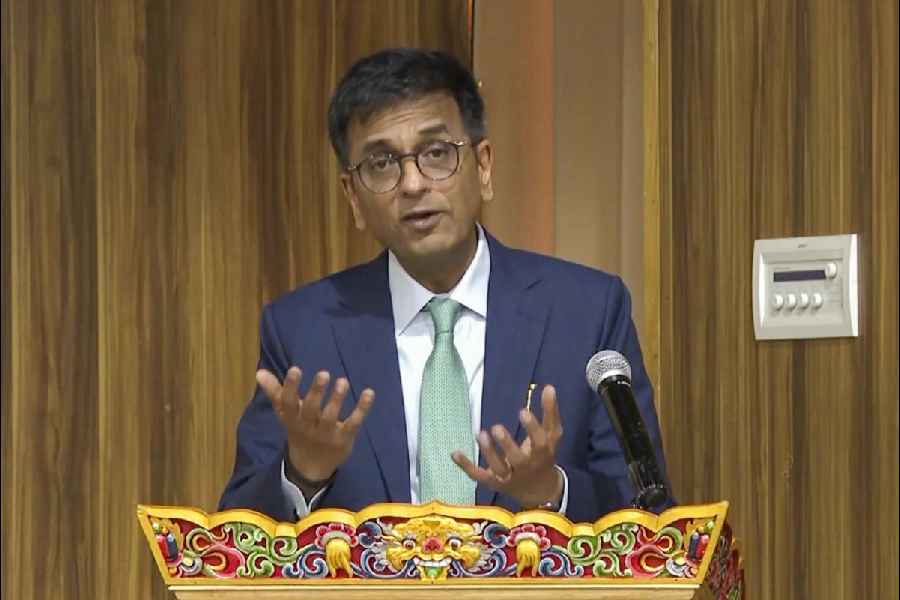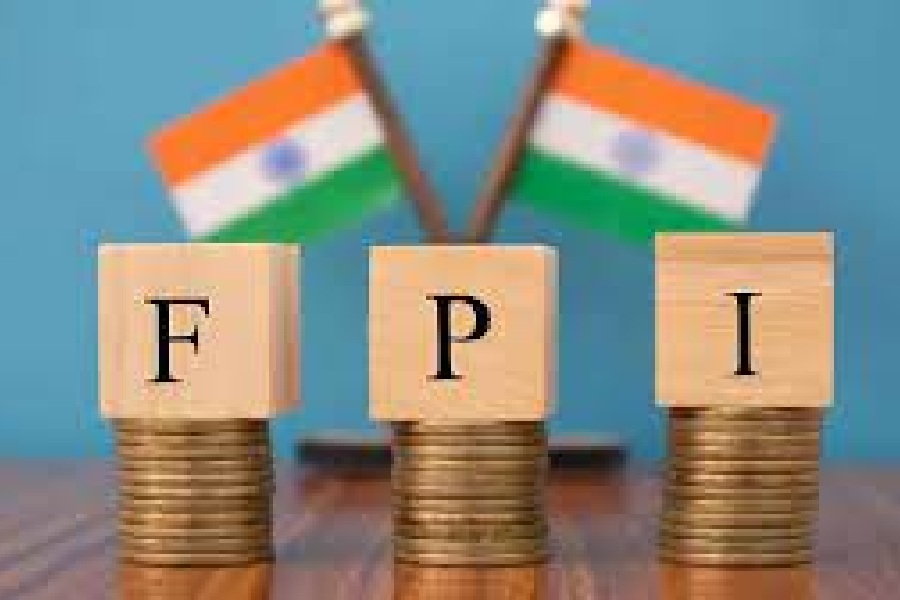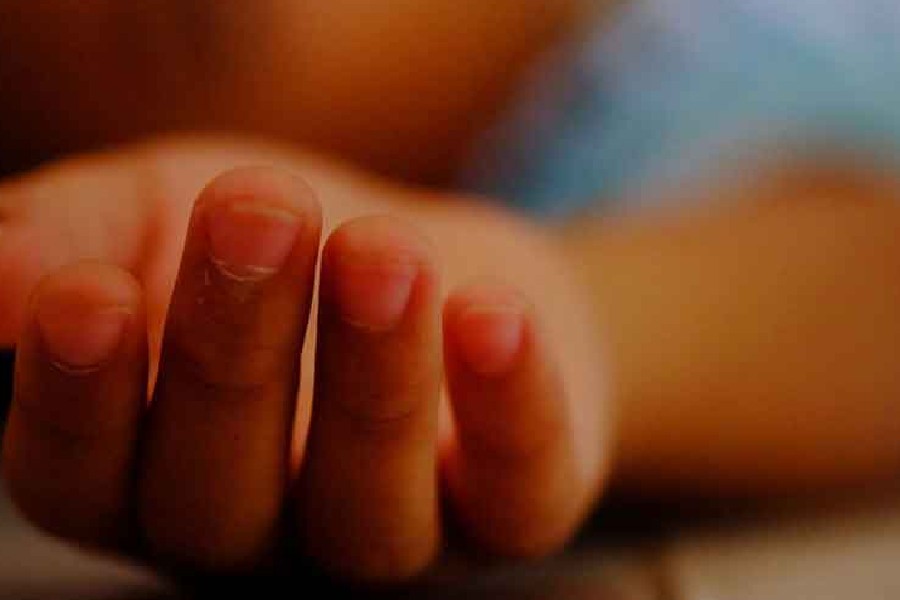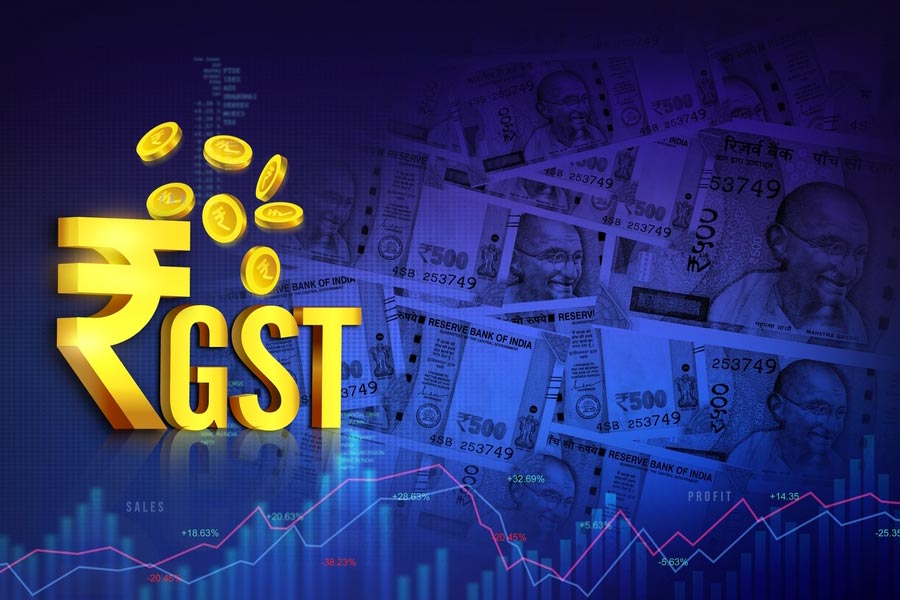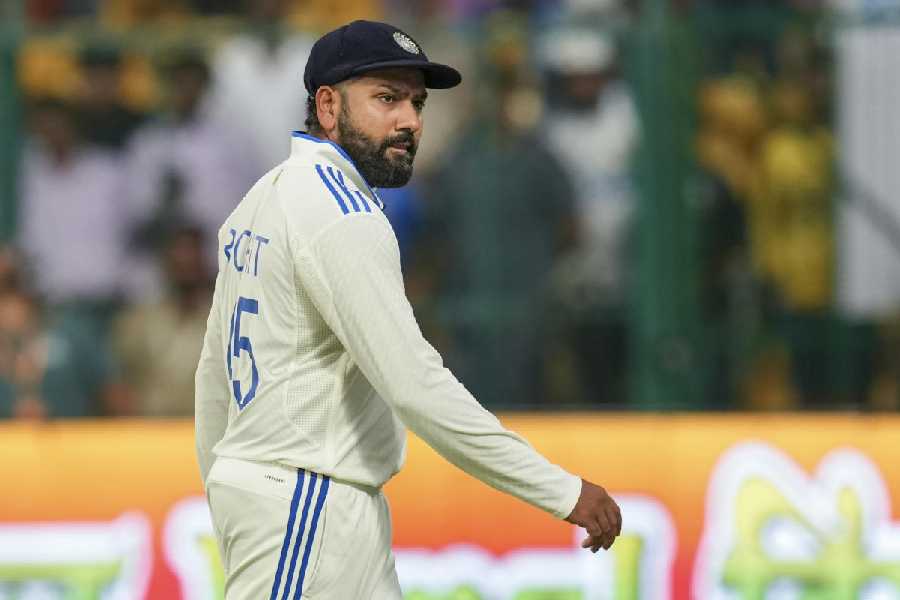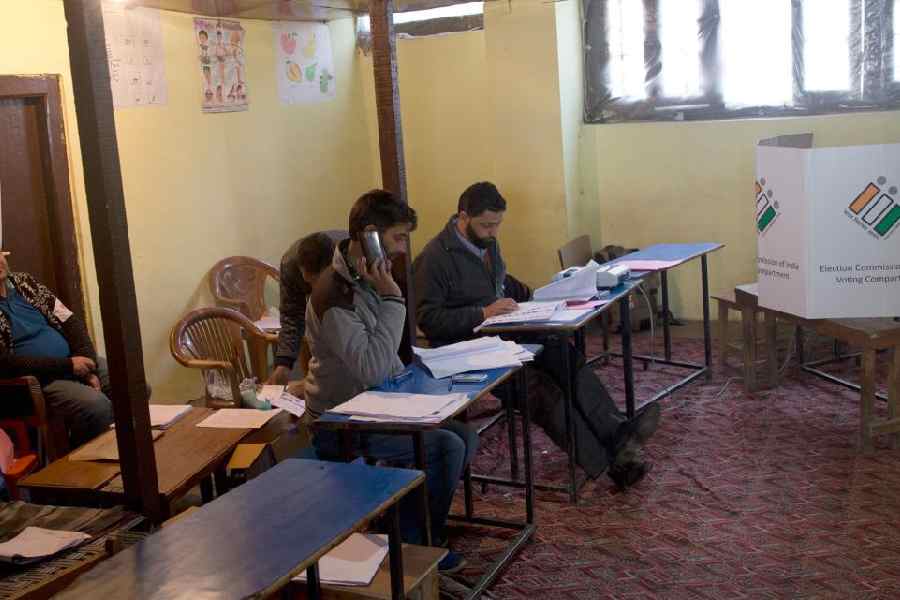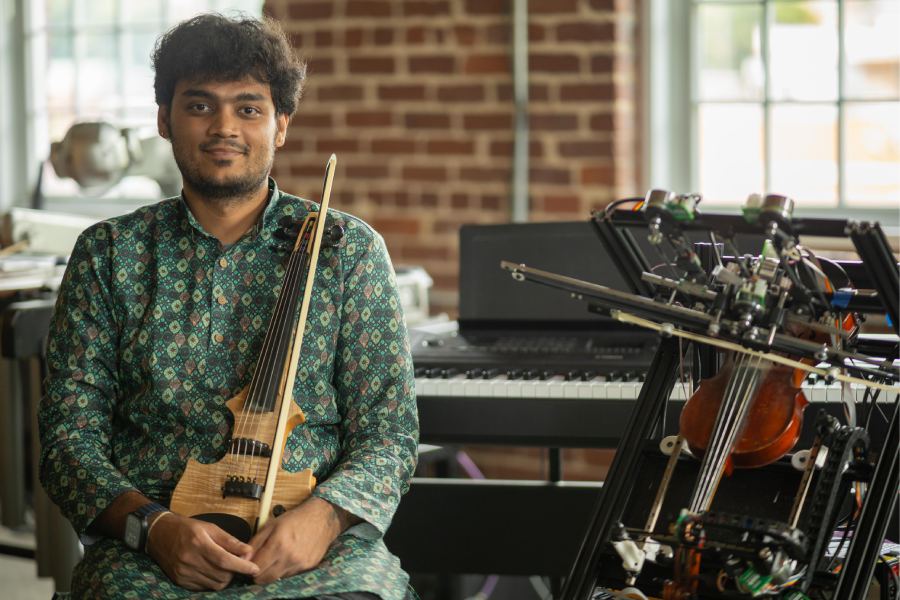Chief Justice D Y Chandrachud, who is demitting office on November 10, Wednesday deferred by four weeks hearing on pleas challenging the immunity granted to husbands in cases of marital rape.
At the outset, a bench comprising the CJI and justices JB Pardiwala and Manoj Misra, which commenced final hearing on October 17 on the pleas, asked lawyers about the time they would be needing individually to argue.
Senior advocate Gopal Sankaranarayanan, appearing for a party, said he will take at least a day to complete his submissions as he did not want to stifle the elaborate pleadings needed to be advanced in an important matter like this.
Solicitor General Tushar Mehta, appearing for the Centre, senior advocates Rakesh Dwivedi, who represents Maharashtra, and Indira Jaising, representing a woman, also said they would need a day each to argue.
The apex court, which is closing for Diwali vacation on October 26, reopens on November 4 and the CJI will be effectively left with five working days to hear and deliver a verdict on one of the most sensitive issues.
The CJI said if arguments cannot be completed this week, then it would be difficult for him to decide before he demits office on November 10.
"In view of the time estimate, we are of the view that it would not be possible to complete the hearings in the foreseeable future," the court said, adding the pleas be listed before another bench after four weeks.
"We have deep regret. We wanted to continue here," Sankaranarayanan said.
The solicitor general said the Centre's stand is that marriage does not obliterate the concept of sexual consent, but at the same time criminalising marital rape would require assessment of the case from different perspectives.
Senior advocate Karuna Nundy, appearing for a petitioner, said the plea was about millions of women in the country and there was "great urgency".
She urged the CJI to continue with the hearing and deliver a judgement as he has a legacy of rendering "very important judgments".
"Your lordship's legacy will remain forever. Let us not ridicule it by saying," the solicitor general said.
On October 17, the bench said it will decide the constitutional validity of penal provisions in the Indian Penal Code (IPC) and the Bharatiya Nyaya Sanhita (BNS) which grant immunity from prosecution to a husband for the offence of rape if he forces his wife, who is not a minor, to have sex with him.
The CJI sought views of the petitioners on the Centre's contention that making such acts punishable would severely impact the conjugal relationship and cause serious disturbances in the institution of marriage.
The Centre had said if sexual acts by a man with his wife is made punishable as "rape", it may severely impact the conjugal relationship and lead to serious disturbances in the institution of marriage.
Under the exception clause of Section 375 of the IPC, now repealed and replaced by the BNS, sexual intercourse or sexual acts by a man with his wife, the wife not being minor, is not rape.
Even under the new law, Exception 2 to Section 63 (rape) says that "sexual intercourse or sexual acts by a man with his own wife, the wife not being under 18 years of age, is not rape".
The top court on January 16, 2023, sought the Centre's response on a batch of petitions challenging the IPC provision, which provides protection to a husband against prosecution for forcible sexual intercourse if the wife is an adult.
On May 17, it issued a notice to the Centre on a similar plea challenging the BNS provision on the issue.
One of the pleas is related to the Delhi High Court's split verdict of May 11, 2022, on the issue. The appeal has been filed by a woman, who was one of the petitioners before the Delhi High Court.
While delivering a split judgement, high court judges Rajiv Shakdher and C Hari Shankar concurred on granting the petitioners a certificate of leave to appeal in the Supreme Court as the matter involved substantial questions of law which required a decision by the top court.
Justice Shakdher, who headed the division bench, favoured striking down the marital rape exception for being "unconstitutional" and said it would be "tragic if a married woman's call for justice is not heard even after 162 years" since the enactment of the IPC.
However, Justice Shankar said the exception under the rape law is not "unconstitutional and was based on an intelligible differentia".
The concept of intelligible differentia distinguishes people or things grouped together from those that are left out.
Another plea has been filed by a man against the Karnataka High Court verdict which paved the way for his prosecution for allegedly raping his wife.
The Karnataka High Court had on March 23 last year said exempting a husband from the allegations of rape and unnatural sex with his wife runs against Article 14 (equality before law) of the Constitution.
The set of pleas are PILs filed against the IPC provision and have challenged the constitutionality of the marital rape exception under Section 375 IPC (rape) on the ground that it discriminates against married women who are sexually assaulted by their husbands.
Except for the headline, this story has not been edited by The Telegraph Online staff and has been published from a syndicated feed.

